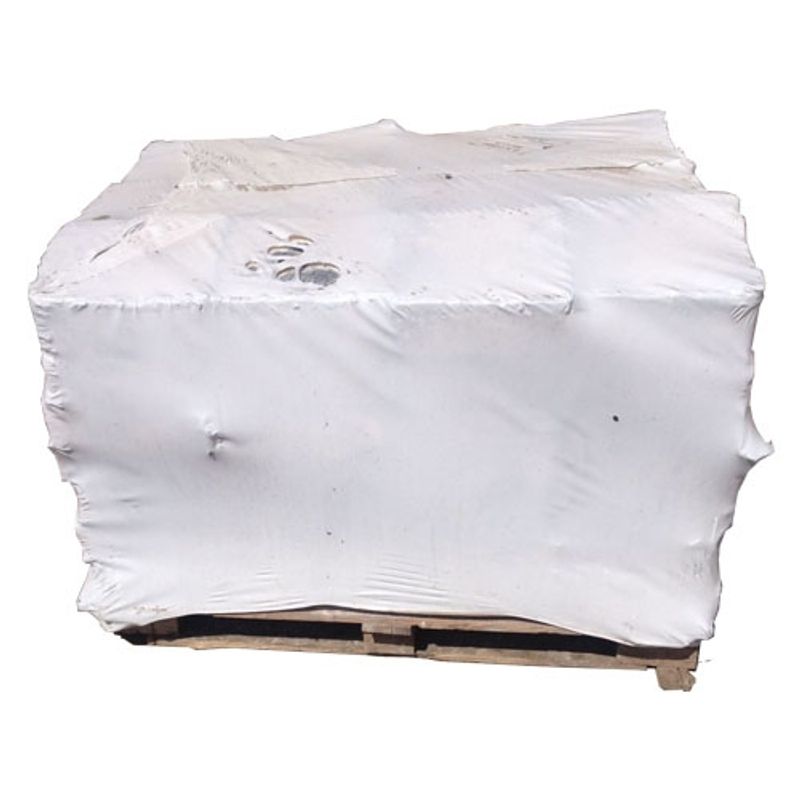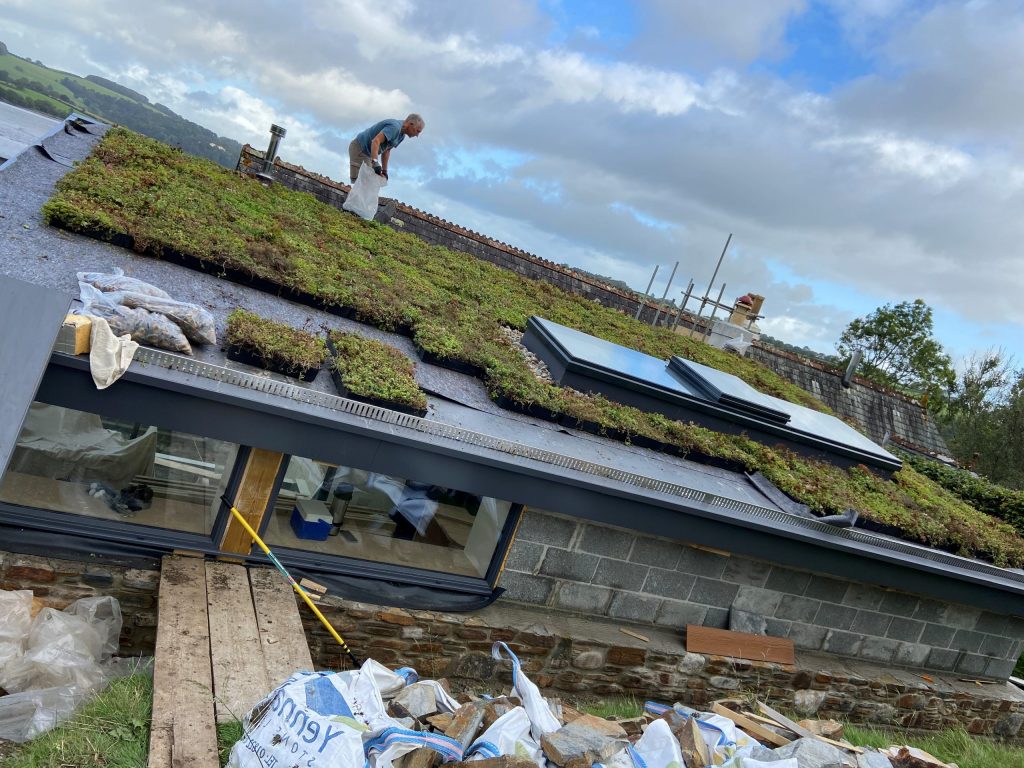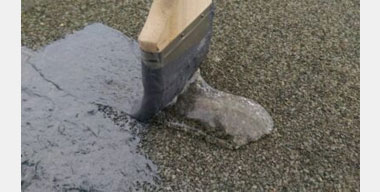Now, if you’re wondering what asphalt mastic is, you’ve come to the right place to find out. From eco-friendliness to a smooth surface, there are plenty of benefits to using mastic asphalt. Whether you’re new to using mastic asphalt in roofing or want to brush up on your knowledge of why it’s a good alternative to other roofing materials, this guide can help you understand its uses and know exactly what makes it so good.
Table of contents
What is mastic asphalt?

Mastic asphalt is primarily a roofing material. It’s one of the most used building materials in the world today, used across many standard and high-tech construction projects.
What is mastic asphalt made from?
Mastic asphalt roofing has a polymer formation. It comprises calcareous aggregates (I.e. limestone), bound with asphaltic cement (I.e. bitumen). Providing high performance in waterproofing, thermal insulation, acoustic insulation and much more.
Why you should choose a mastic asphalt roof
Opting for mastic asphalt roofing is all well and good. So, how is it any better than other materials? Well, here’s how with a vast list of benefits showing you just how special it is.
Mastic asphalt is very durable
One of the longest-lasting roofing materials you can find on the market, installing this material will see your roof last over 50 years. This longevity has made it a popular choice for roofing professionals, homeowners and commercial property owners.
Wood roofing or materials with less durability can age and weather quickly. Instead, if asphalt is well maintained, it can stay looking clean and in good condition for longer. Mild tornadoes or hail stones in large storms are also less likely to cause damage to asphalt if correctly installed. A perfect shielding material for properties and a leading reason why it is so popular for waterproofing.
It’s also been a popular material for areas where traffic is a possibility and as waterproofing underneath green roof installations for those in architecture. Check out how we supported a green roof installation and find out more about sedum roofing solutions in our guide.

Find out how long other roofing materials last to compare the differences and see how effective mastic asphalt is against other roofing solutions.
Foot traffic and loading? Not a problem
When discussing durability, you might wonder how often mastic asphalt can deal with foot traffic. The good news is if your house can support the weight, the asphalt mastic can withstand the pressure. Complete with resistance to human foot traffic and load.
In addition, you can place overhead tanks, installations and other functions on the surface, provided you reinforce the thickness and the surface operation.
Rooftop gardens are also optional, minimising your worry about leaks or the house caving in.
No worries about carbon emissions
Environmental impact is a major concern amongst the human population. Although we are working towards a better eco-friendly world, the built environment makes up for at least 40% of UK carbon emissions (as found in the 2022 Carbon Net Zero Guidance Note government document)
Mastic asphalt is one of the more unique products when talking about carbon emissions – in that it has none! This material has a carbon emission rating of zero. The first to ever achieve such a status, experts confirm this material is a guaranteed 100% natural CO2 solution. It’s won endorsements from environmentalists and projects built with a waterproofing method for mastic asphalt receive a CO2-neutral solution.
It’s 100% recyclable
After its lengthy lifespan, mastic asphalt is fully recyclable. You can recycle asphalt in one of two ways:
- Recycled and break it down into hardcore (I.e. foundation material for buildings)
- Recycled and used in mastic asphalt roof screeds
This is because the wear and tear have little to no environmental impact. So, the used and reused materials are perfect for building construction, allowing you to do your part for the environment easily.
Application without the use of a flame

Despite being laid in molten form, mastic asphalt doesn’t require a naked flame or torch to apply.
Not to be confused with other membrane materials that require a flame or torch, mastic asphalt is typically melted down or molten and carried to the site in a hot charge tanker (aka a hot charge transporter). Especially when dealing with big projects. Once on site, the hot mastic asphalt tanker is taken straight to the installation point for application as soon as possible. Quick and easy work. Vital if you’re a contractor or in an industry where the work has a short time frame.
On smaller projects where the boiler has a ground-level location, preheated solid blocks are used in place of the tanker method. Better yet, mastic asphalt is highly flame resistant. Since there is no naked flame, the risk of a fire is little to non-existent.
It looks stunning on a variety of properties
The versatile nature of this material allows you to play around with different designs. If you take pride in your roofing, mastic asphalt is a fantastic solution for that neat appearance. Some of the more luxury ideas include:
- Roof garden
- Stone inverted roof
- Slab decking finish
- Timber decking finish
- Reflective coating
- Roof tiles
Have you ever wanted one of these? Well, you’re in luck. This material can be used with domestic and commercial damp proofing, wearing or material underlays. If you’re a designer or architect with pride in unique designs, you can even use coloured mastic asphalt flooring with a polished stone finish for a gorgeously unique floor appearance.
For a high-quality roofing design, use a combination of solar reflective paint with mastic asphalt roofing. This gives your roof that beautiful finishing touch.
Less costly than other popular roofing materials

Asphalt mastic is one of the friendliest when spending on roof waterproofing materials. Reasons for this vary, but the main thought is that its recyclable capabilities make it worth the spend. Another could be its versatility, being a possible choice for roofing, walkways and a mastic asphalt road too.
You can check out the prices of our mastic asphalt via our range for further information about weights to find the right amount for your project.
Professional support
Flat roofing, particularly artisan, has a high price. If it isn’t put down by an experienced contractor, you can end up with some poor-quality results.
That’s where asphalt experts come in. As an industry requirement, a mastic asphalt spreader must have completed a minimum of a two-year NVQ. This makes sure their skills are qualified since they’ve studied for a longer period than other specialists dealing with materials.
Want to know more about different roofing materials? Check out our range of help and advice for more information. Whether you’re looking for flat roofing guidance or pitched roofing solutions, you’ll be spoilt by the range of advice you can find.
















